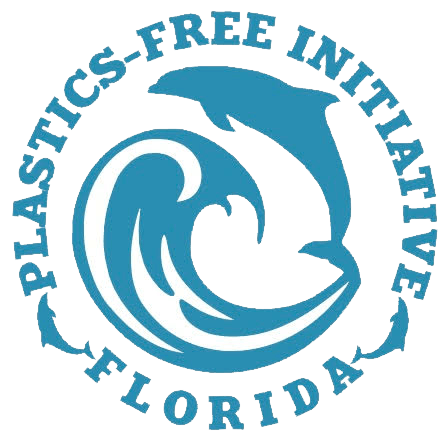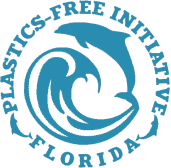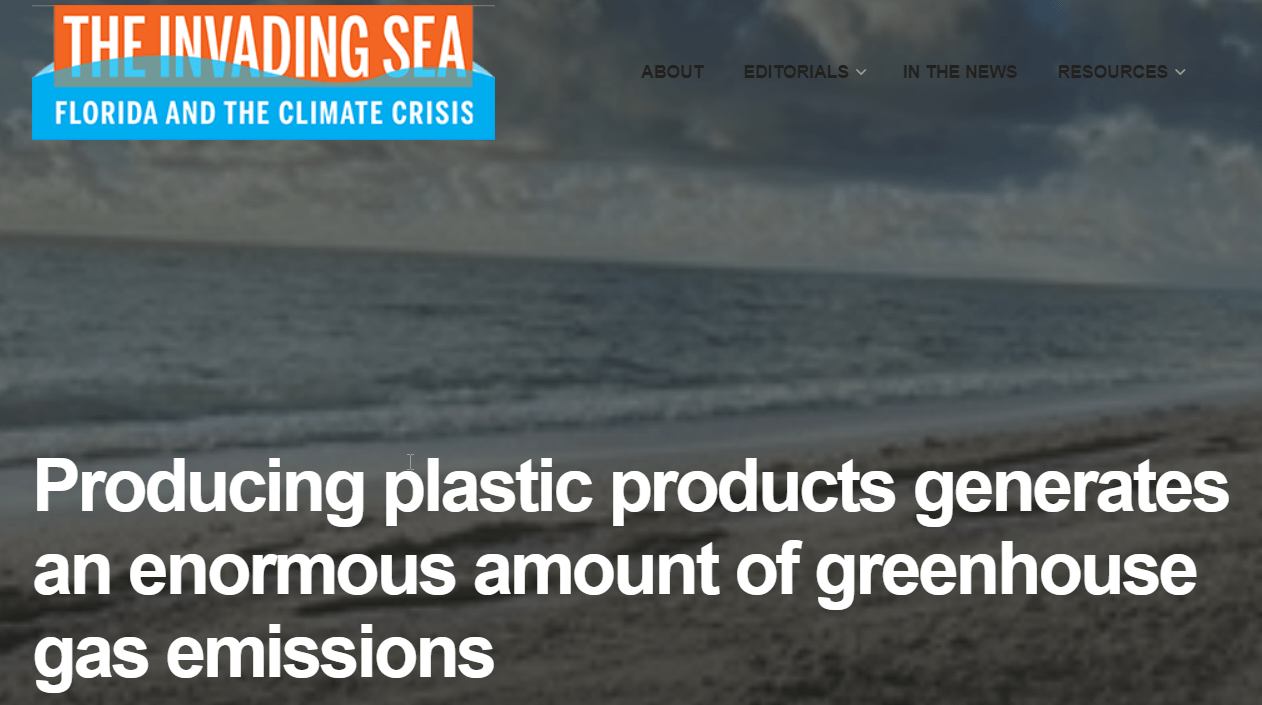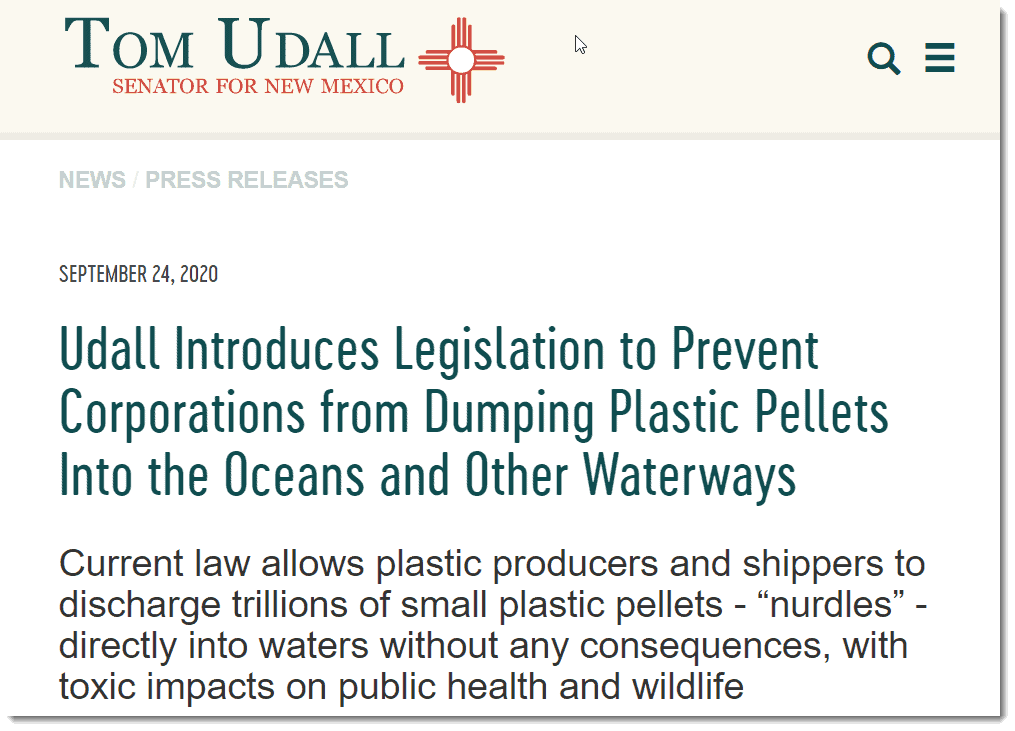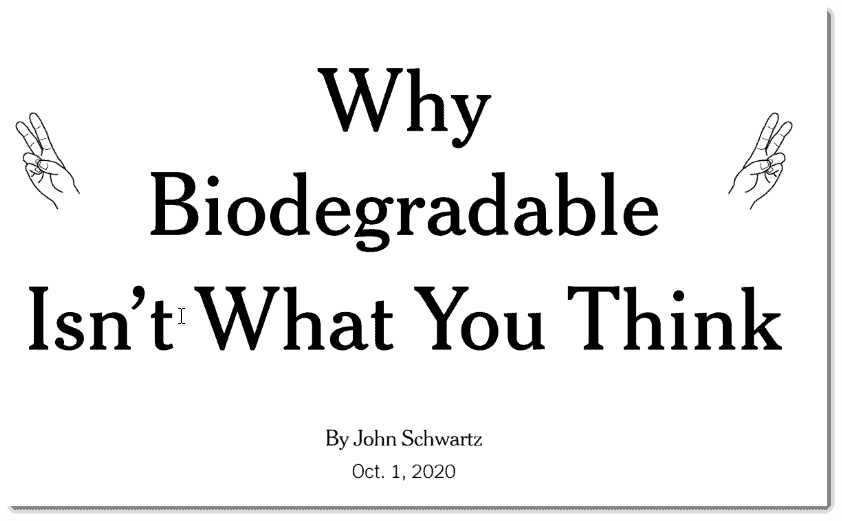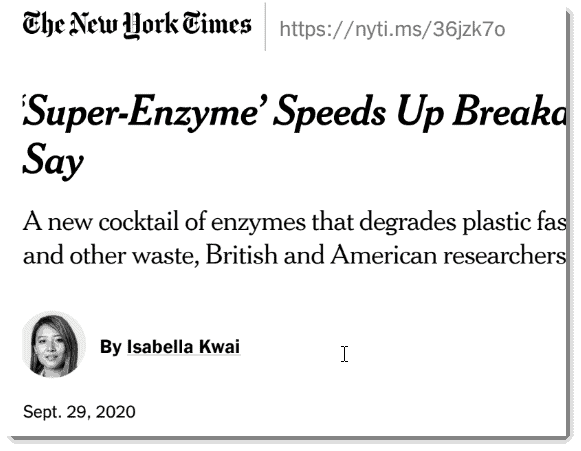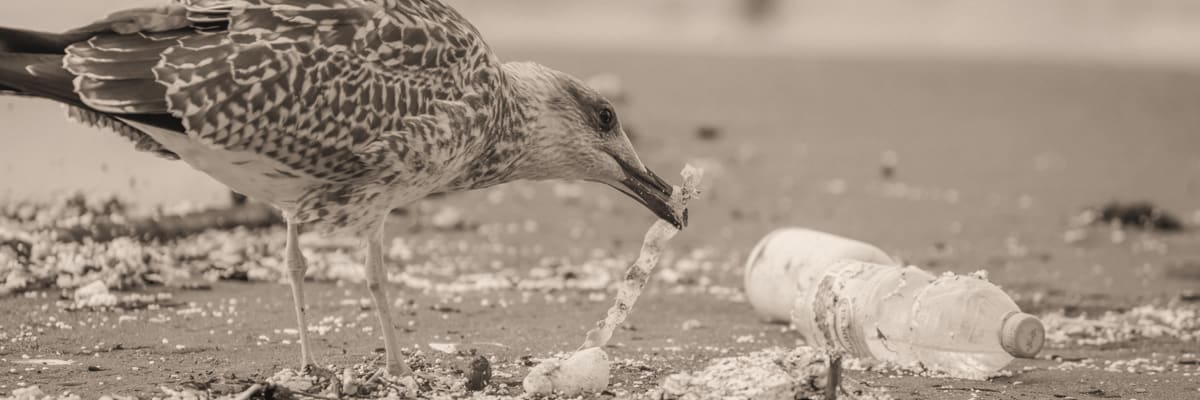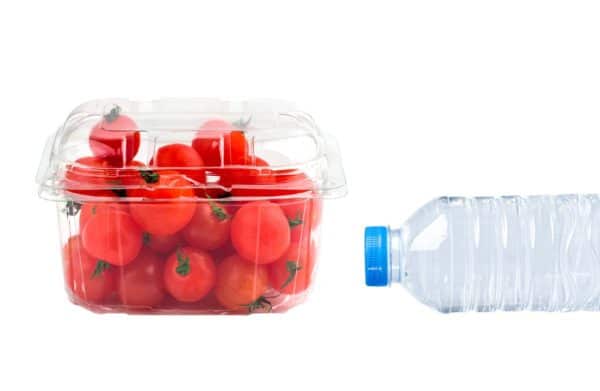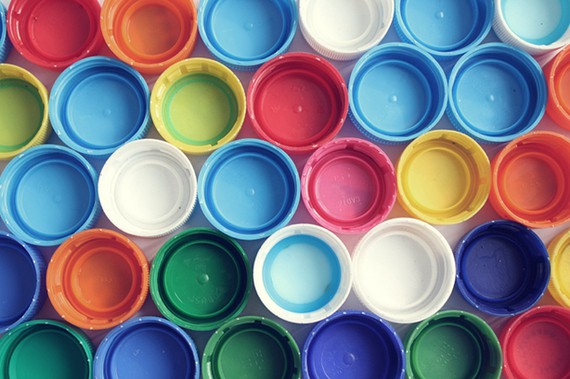This is roughly equivalent to dumping a garbage truck full of plastic into the oceans every minute. Once in the ocean, plastic breaks up into smaller and smaller pieces that are eaten by marine animals of all sizes, from tiny zooplankton to fish, sea turtles, and whales. We’re now eating, drinking, and even breathing plastic.
News
Udall Introduces Legislation to Prevent Corporations from Dumping Plastic Pellets Into the Oceans and Other Waterways
Current law allows plastic producers and shippers to discharge trillions of small plastic pellets – “nurdles” – directly into waters without any consequences, with toxic impacts on public health and wildlife
Why ‘biodegradable’ isn’t what you think – NYT
Choosing products with packaging that claims to be “biodegradable” or
“compostable” might mean that they degrade only under special conditions, and could complicate recycling efforts, said Jason Locklin, the
director of the New Materials Institute at the University of Georgia. “Itʼs tremendously confusing, not just to the consumer, but even to many
scientists,” he said.
‘Super-enzyme’ speeds up breakdown of plastic, researchers say – NYT
A new cocktail of enzymes that speeds up the degradation of plastic offers a step forward in finding a new form of recycling that is faster, is more affordable and works on a larger scale than current methods, British and American researchers said this week.
There is hope. Awareness about the dangers of plastics is on the rise and the recognition that more research needs to be done is growing exponentially.
Most plastics eventually degrade into very small particles called microplastics. A comprehensive review of scientific evidence published by the European Union’s Scientific Advice Mechanism in 2019 revealed that microplastics are … Read More
Plastic AND Paper bags Banned From N.J. Supermarkets
Paper or plastic? In New Jersey, try neither.
The state Legislature on Thursday voted to make New Jersey the first in the country to bansingle-use paper bags in supermarkets along with all single-use plastic bags in stores andrestaurants.Eight other states, including California, New York and Vermont, have bans on single-useplastic bags either in effect now or scheduled to go into effect in the coming years.
Recycling Plastic Clamshells and Bottles, the Same but Different
You’ve probably seen the #1 recycling symbol on various plastic containers when you’re sorting your recycling. Those containers are made of polyethylene terephthalate (PET), also known as polyester. Because PET is strong, lightweight, and easily molded, it is a popular material for packaging a wide range of foods and consumer goods.
Big Oil – flooding Africa with plastics
Confronting a climate crisis that threatens the fossil fuel industry, oil companies are racing to make more plastic. But they face two problems: Many markets are already awash with plastic, and few countries are willing to be dumping grounds for the world’s plastic waste.The industry thinks it has found a solution to both problems in Africa.
21 Reasons Why Plastic Bottles Ruin Everything: Recycling Won’t Fix It, Zero Waste Will.
Drinking from plastic bottles has become such an everyday way of life that many people don’t even think about what they are made from, or where they really go after we’re done with them.
Each American throws out an average of 21 lbs (9.5kg) of polyethylene terephthalate (PET) plastic bottles per year – 200 to 500 bottles per person.[1]
That’s quite a bit of plastic waste, just to have a drink.
